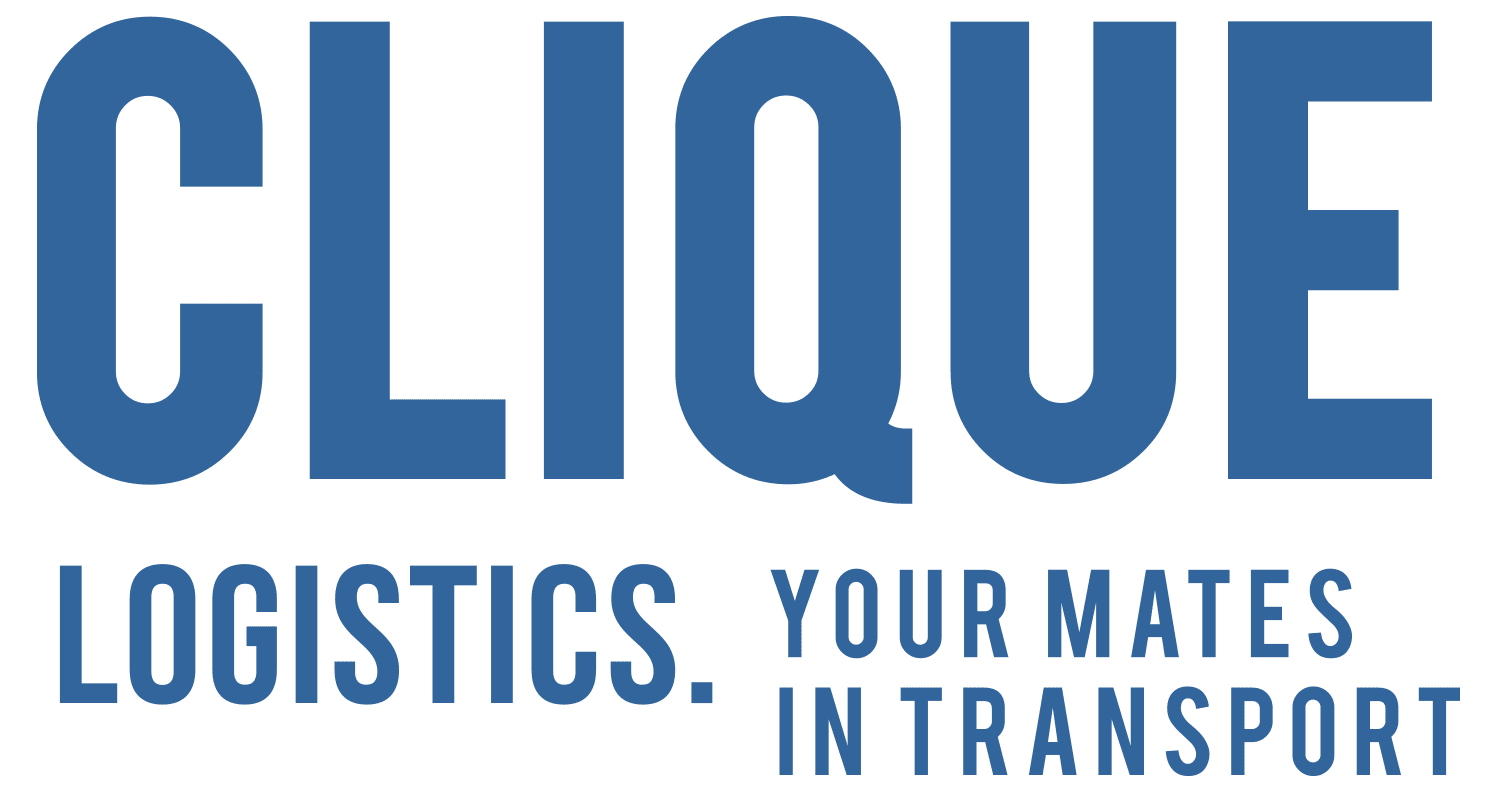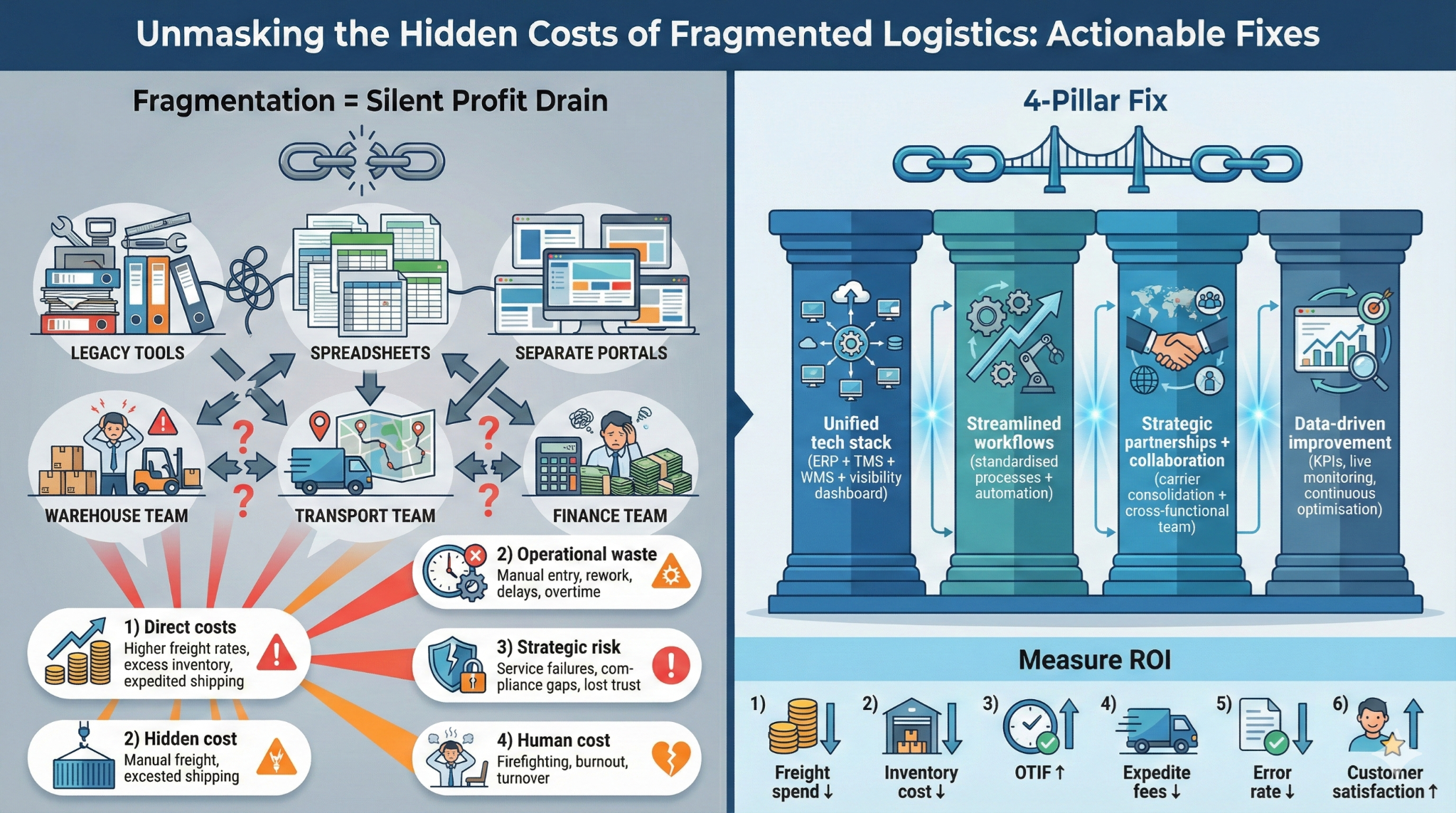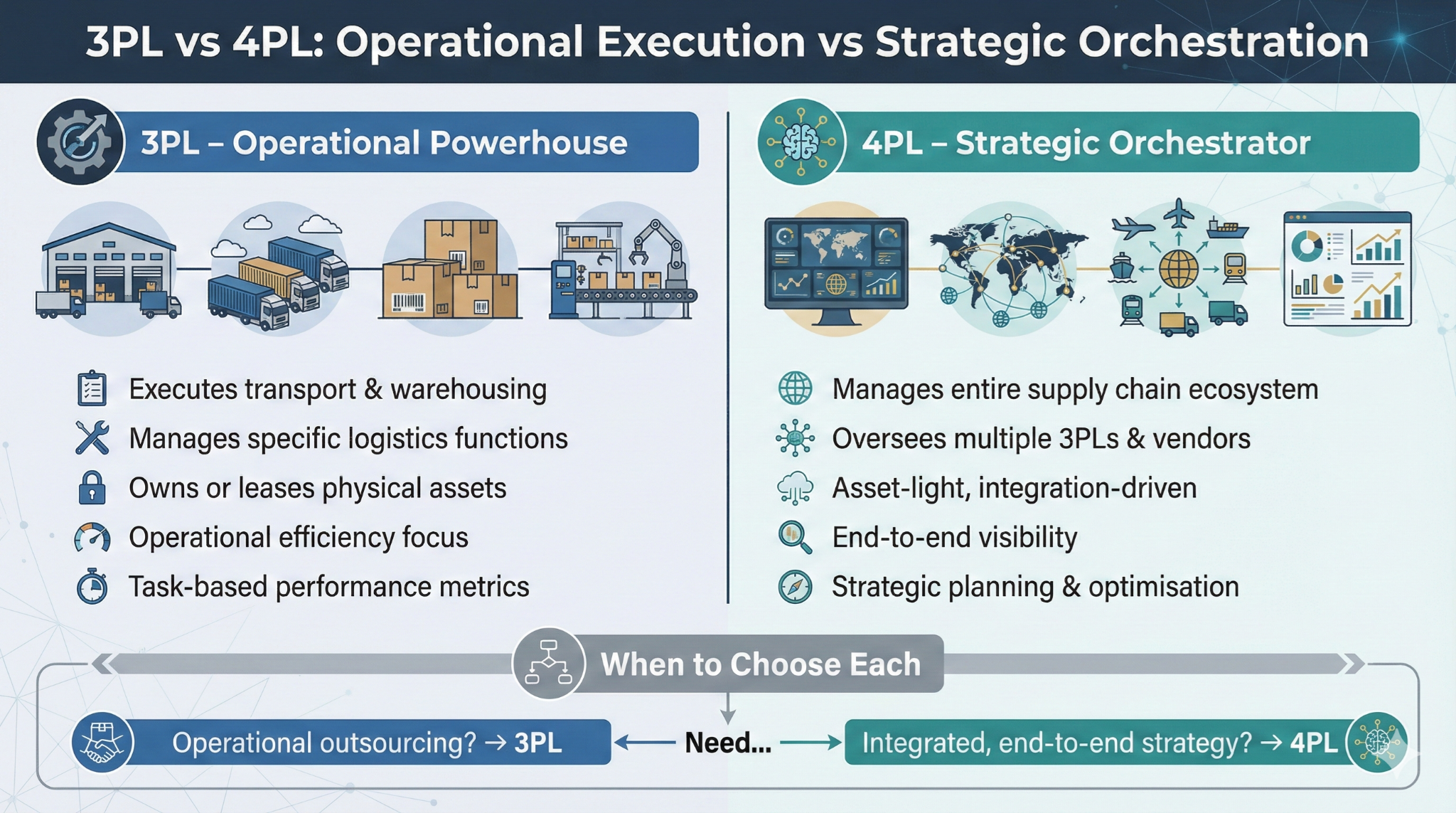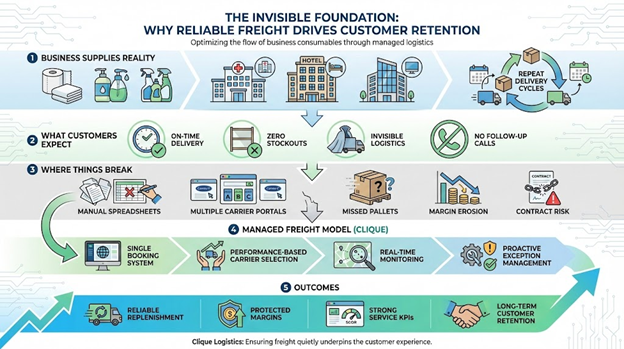The Australian B2B logistics sector is in for an exciting ride in 2025. Building on the momentum of 2024, the industry is poised for continued growth and transformation. Here’s a glimpse into what awaits:
Accelerated Technological Adoption:
- Autonomous Mobile Robots (AMRs): Expect to see more AMRs zipping around warehouses, boosting efficiency and flexibility.
- AI-Powered Enhancements: Artificial intelligence will continue to revolutionise logistics, with advancements in parcel tracking and delivery predictions leading to smoother operations and happier customers.
Sustainability Takes Center Stage:
- Eco-Conscious Practices: Sustainability is no longer a buzzword; it’s a necessity. Logistics providers will increasingly adopt green initiatives, from electric vehicle fleets to optimised routes, to minimise their environmental impact and meet rising consumer expectations.
Navigating Challenges:
- The Skills Gap: Finding and retaining skilled professionals will be a major hurdle. Logistics companies will need to invest in training and offer competitive benefits to attract top talent.
- Global Trade Shifts: The China-US trade relationship will be a key factor to watch, potentially creating both challenges and opportunities for Australian businesses.
- Supply Chain Resilience: Diversification will be key. Companies will move away from relying solely on single suppliers to build more resilient supply chains and mitigate disruptions.
Looking Ahead: 2025 promises to be a year of dynamic change for Australian B2B logistics. By staying ahead of the curve in technology, embracing sustainability, and proactively addressing challenges, businesses can thrive in this evolving landscape.
How Clique Logistics Can Help: At Clique Logistics, we specialise in providing innovative and reliable logistics solutions to keep your business moving forward. Whether you’re looking to streamline operations, adopt cutting-edge technologies, or address workforce challenges, we have the expertise and tools to support your success.
Contact us today to learn more about our services and discover how we can help you navigate the future of Australian logistics.
Email: [email protected]
Phone: 08 8443 8213
Stay ahead in 2025 with Clique Logistics—your trusted partner in B2B logistics solutions.




